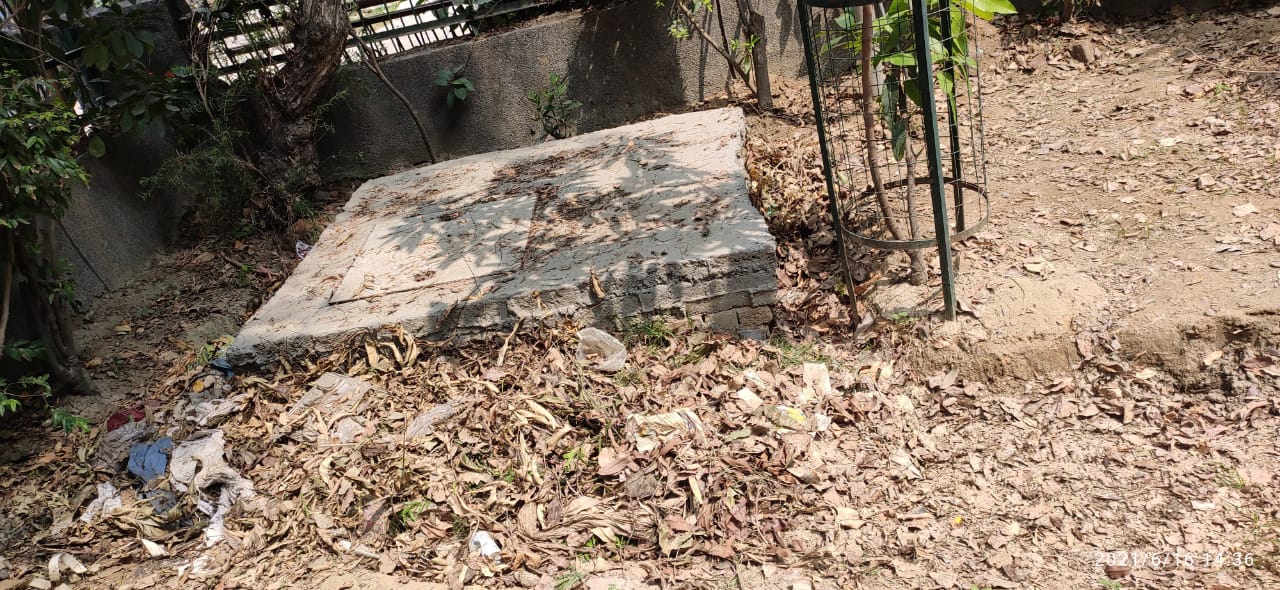The power of Sun for a better tomorrow

- Oct 07 2020
- by GCI Desk
The power of Sun for a better tomorrow
Solar power has now become the cheapest and most available energy source in the world. They have achieved this while providing power 24/7, yes even in the night will your RWA be powered by solar panels. In fact they have so much potential that solar energy can be used to power cars, trains, airplanes, even space stations. If we could collect one hour’s worth of solar energy that hits Earth, it would be enough to power the needs for the global population for an entire year. One can only imagine the benefits it can bring to a housing society
Looking at the bright future that solar panels hold, India has taken numerous efforts to get ahead in the game. India currently has Asia’s biggest solar power plant while also being the world’s lowest-cost solar power producer. Solar energy is certain to power India’s future, and thus it is time that co-operative housing societies also join the trend.
What you must consider before installing solar panels
1. Decide on the type of solar technology
There are mainly 2 dominant technologies that a RWA can consider going ahead with. There is thermal technology that uses sunlight to heat up water or air inside of the house. Then there is photovoltaic which turns sunlight into electricity. The type of technology will mainly depend on the usage and size of the housing society, to ensure that it is value for money.
2. Measure your energy use
An energy audit must be done before installation of this technology. It is crucial to get this done to know exactly how much energy you want your solar panels to generate as per the need/want of the residents. This will further help you decide the number of solar panels and the energy from each panel. With 100s of houses in a co-operative housing society, this process can take a while and thus it is better to get this done in the beginning.
3. Conduct a building/society audit
It is important that these solar panels are placed where there is no shade, to ensure that they are never covered, and thus roofs are the optimum place to put them. However you must find out whether your buildings are strong enough to support the same. Thus a building/society audit is crucial irrespective of it being new or old. Thus, this should be the 1st step you take to understand whether your housing society is ready for this technology.
4. Get the consent of society residents
This is of course the most basic step to get the permission of society members before moving ahead with such an advancement in your RWA. The RWA will also have to incur a huge cost in the beginning and thus society members will have to be informed. However, of course the money saved in the long term will be far greater than the cost to set up solar panels.
5. Choose a trustworthy installer
Everyone wants the best for their home, and now you are responsible for 100s of houses. Ensure that the service provider is reputable, positive feedback from past customers, advices you well based on your current requirements, is adhering to government guidelines for installation of solar panels and more important factors. Credentials are crucial.
6. Maintenance of solar panels
Even though they require very little maintenance, when needed the solar panels will require professional maintenance and cannot simply be done by individuals in an RWA. Thus you must ensure that your service provider/installer is willing to provide the same or you have a professional contract with someone who will be willing to do it.
Conclusion
Even though above is just advice for what you should bear in mind before installing solar panels, every housing society must know how big a responsibility this is. This technology must be carefully implemented with lots of consideration, and there should be no room for mistakes. Yes it might seem costly at first, but the main message of solar panels is that the long term savings are far greater than the short term costs. Solar panels really are one of the most cost effective methods that you can deploy in your RWA.
About the author: Sahil is currently a marketing associate at Blockchain Founders Fund, a VC for early-stage emerging tech startups. Other than sustainable solutions, Sahil also writes on artificial intelligence, blockchain technology, and cryptocurrency.

LEAVE COMMENT HERE
COMMENTS (1)
LATEST ARTICLES
-

-
 Saving water one drop at a time
Saving water one drop at a time- Oct 07 2020
-
 Lifestyle changes for sustainable living
Lifestyle changes for sustainable living- Oct 07 2020
MOST POPULAR ARTICLES
-
 A primer for RWA office bearer
A primer for RWA office bearer- Oct 07 2020
-
 Why is a RWA registration important?
Why is a RWA registration important?- Oct 07 2020
-
 MAKING YOUR SOCIETY AGE-FRIENDLY
MAKING YOUR SOCIETY AGE-FRIENDLY- Oct 07 2020
Prabodh RWA
Oct 16 2020Good thought. We must think in the direction of finding alternative sources of Energy.